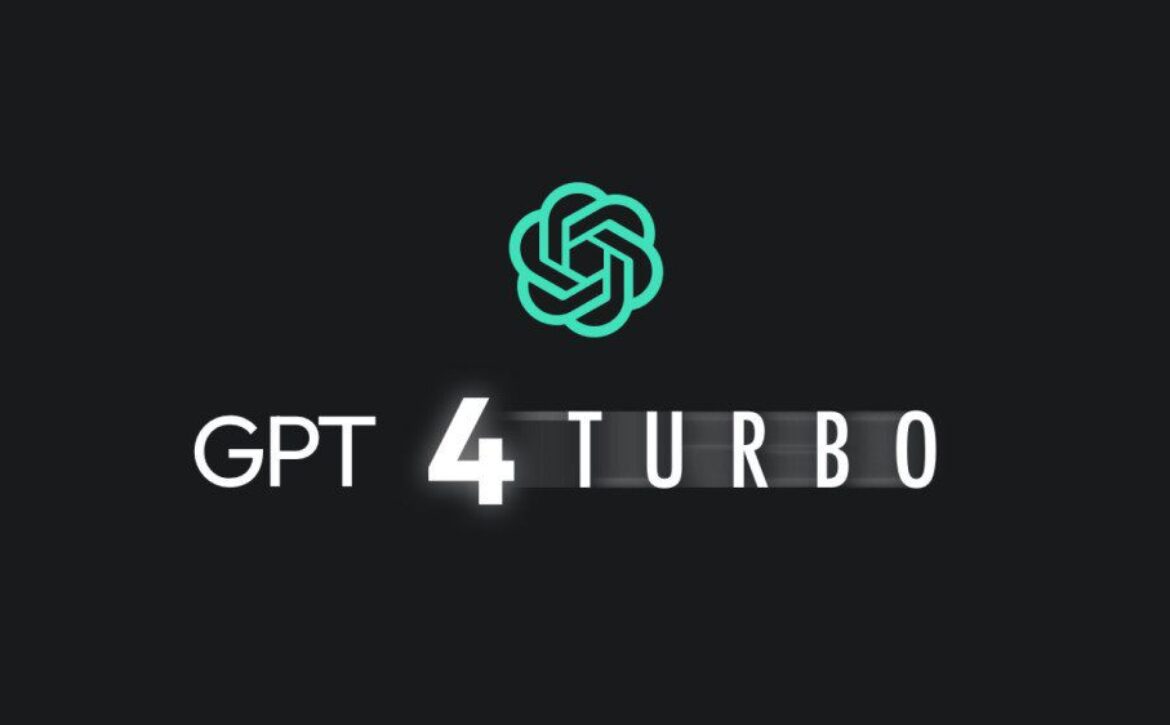Unlock AI’s Potential with Revolutionary GPT-4 Turbo
In the evolving landscape of Artificial Intelligence (AI), the release of GPT-4 Turbo marks a significant milestone. This enhanced version of the already powerful GPT-4 model integrates more sophisticated algorithms and larger datasets, making it an invaluable tool in various sectors including healthcare, finance, education, and more. Understanding the capabilities of GPT-4 Turbo is essential for anyone interested in the future of AI.
GPT-4 Turbo: A New Era of AI
GPT-4 Turbo not only enhances the user experience through faster response times and more accurate predictions but also significantly broadens the scope of tasks it can handle. From complex problem-solving to generating creative content, GPT-4 Turbo is designed to meet the diverse demands of modern technology users.
Breakthroughs in Efficiency and Accuracy
One of the most notable improvements in GPT-4 Turbo is its increased efficiency. By optimizing neural network architectures, developers have significantly reduced the latency in response times. Additionally, accuracy in language understanding and generation has seen remarkable improvements, making GPT-4 Turbo a robust tool in any AI’s arsenal.
Application of GPT-4 Turbo in Industries
1. Revolutionizing Customer Service with AI
In the customer service sector, GPT-4 Turbo can manage thousands of inquiries simultaneously, providing precise and context-aware responses to users. This capability not only enhances customer satisfaction but also allows companies to allocate human resources to more critical tasks, thereby improving overall productivity.
 2. Innovating Healthcare with Artificial Intelligence
2. Innovating Healthcare with Artificial Intelligence
Healthcare applications of GPT-4 Turbo are particularly promising. By analyzing patient data and existing medical literature, GPT-4 Turbo can assist in diagnosing diseases and suggesting treatment plans. This AI-driven approach can lead to more personalized and effective healthcare solutions.
The Future of AI with GPT-4 Turbo
The Future of AI looks bright with technologies like GPT-4 Turbo at the forefront. As AI continues to integrate into everyday life, the potential for GPT-4 Turbo to transform industries and improve lives is immense. Continued investment in AI technologies and education will be crucial in realizing these benefits.
Ensuring Ethical Use of AI
As we embrace the Future of AI, it is also crucial to address the ethical implications of advanced technologies like GPT-4 Turbo. Establishing guidelines and frameworks for responsible AI use will ensure that these technologies benefit society as a whole.
Conclusion
GPT-4 Turbo represents a leap forward in the field of Artificial Intelligence. With its enhanced capabilities, it promises to revolutionize industries, transform professional landscapes, and improve day-to-day life. The Future of AI is not just about technological advancement but also about integrating these technologies in a manner that is ethical and beneficial for all. Now is the time to experience the future of artificial intelligence! 👉You can learn more about AI automation at DIGID!
Auestions & Answers
1. What is GPT-4 Turbo?
GPT-4 Turbo is an advanced version of the GPT-4 artificial intelligence model developed by OpenAI. It features enhanced processing capabilities, faster response times, and more accurate predictions compared to its predecessor, designed to handle a broader range of tasks across various industries.
2. What is the future of AI development?
The future potential of GPT-4 Turbo in AI development is vast. It sets the foundation for more sophisticated AI models that can understand and process human language more effectively, drive innovation in AI ethics, and expand AI applications in critical fields such as environmental science, where it can contribute to solving complex global challenges.
3. How does GPT-4 Turbo improve efficiency in industries?
GPT-4 Turbo improves efficiency by automating routine tasks, providing quick and accurate customer service solutions, and enhancing data analysis. In sectors like healthcare, it assists in diagnosing and recommending treatments faster than traditional methods. In customer service, it manages inquiries with precision, reducing the need for extensive human intervention.


